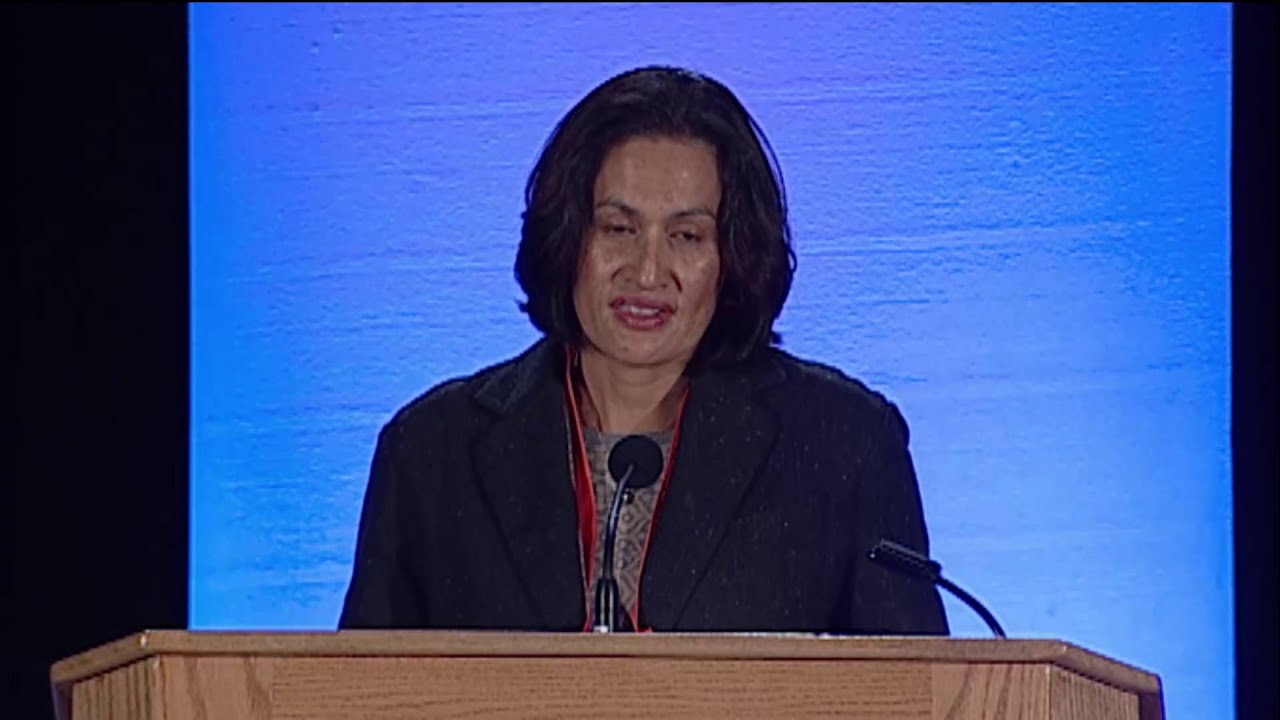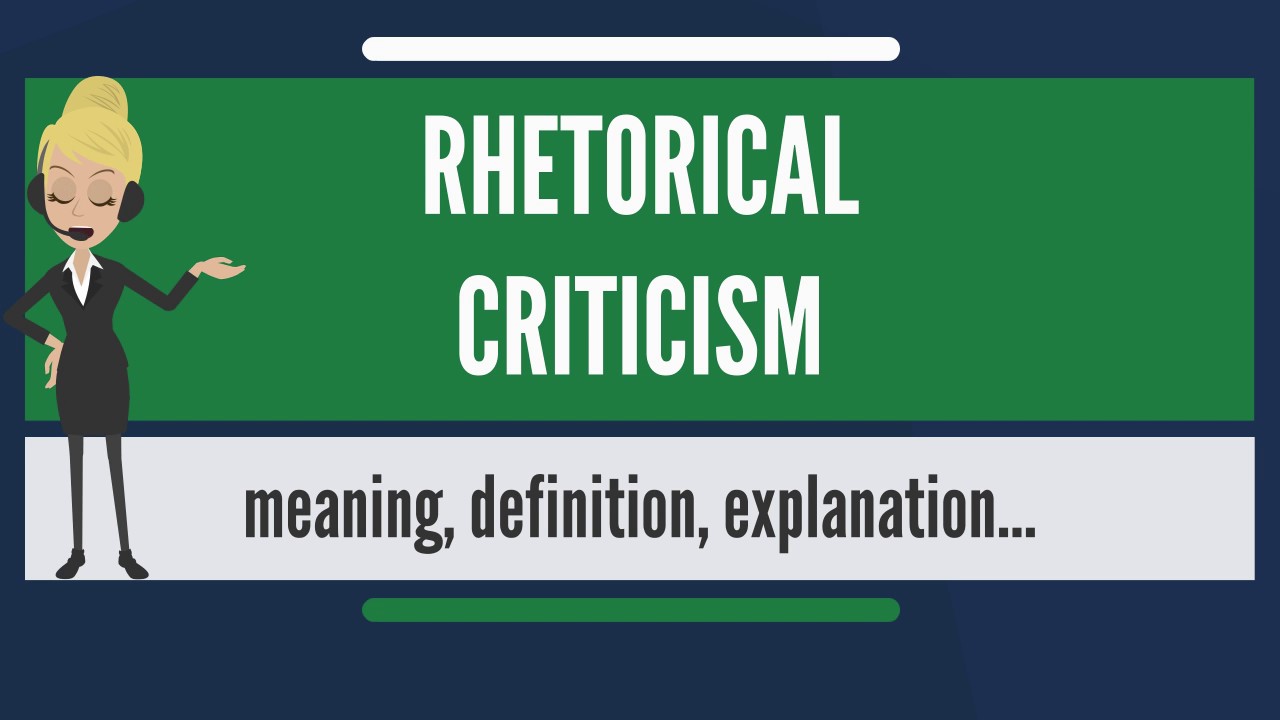EMERGENT PRAXIS AGAINST ANTHROPOLOGICAL DELIRIUMS
There is something strangely familiar in the current tension between Indigenous praxis and its critics. In the second decade of the 21st century Indigeneity is simultaneously celebrated as “engaged practices of self-determination against daily traumas of colonial domination” (Perley 2014:53) and denigrated as relying “on obsolete anthropological notions and on a romantic and false ethnographic vision” (Kuper 2005:218). The celebratory interpretation offers a reconfiguration of Manuel’s vision for an Indigenous Fourth World thriving alongside European colonial societies while the denigratory interpretation highlights the lasting effect of colonial deliriums as Western domination and dispossession of Indigenous Peoples. It has been over forty years since George Manuel envisioned an Indigenous Fourth World (1974) and Vine Deloria Jr. critiqued anthropology (1969[1988]). Manuel’s two optimistic visions that colonial/settler societies were 1.) finally turning toward a more indigenous view of their colonial settlements and that 2.) they “may be beginning to work their way out of a value system based on conquest and competition” (266) have not come to pass. Today’s imperial deliriums have reached a global scale and subjugate all peoples to the oppressive burdens of global imperialism. Meanwhile, Vine Deloria Jr.’s admonition that anthropologists “get down from their thrones of authority and PURE research and begin helping Indian tribes instead of preying on them,” (1969:100) has had a significant impact on anthropologists and their work in Indian communities. Unfortunately, the prospects for the emergence of Indigenous anthropology are undermined by residual colonial deliriums of anthropology. One of colonial anthropology’s original deliriums was the “invention” of primitive peoples (Kuper 1988). That delirium has returned as a neo-imperial critique of Indigeneity as the “reinvention of primitive peoples” (Kuper 2005). The irony of Kuper’s neo-imperial critique is his failure to imagine the inversion of the familiar from the strange; the constructed from the authentic; the imaginary from the real when viewed from the Indigenous experience. The participants on this round table engage the implications of colonial deliriums in anthropology and the emergence of Indigenous anthropology. Are Indigenous anthropologists doomed to articulate their understanding of Indigenous worlds within the constraints of “Western culture theory” as Kuper suggests? Or, are there Indigenous idioms that neo-imperialists can understand and accept? Do Western imaginaries of epistemology and ontology have salience and utility for Indigenous praxis? Or, do such imaginaries have corollary concepts that can heal colonial deliriums of conquest and competition? Can this round table discussion provide the critical catalyst for the emergence of an Indigenous anthropology that signals the end of imperial anthropology?
American Anthropological Association
Source
2015 AAA Invited Session: INDIGENOUS ANTHROPOLOGY




Being from a common law background, one of the points that was stated towards the end was of particular significance to me. The one about Hawaiian Nationalists rejecting indigenous as a term because how the term is a term of subordination. "Tribal" being such a term in India, which in legal texts only gives one a picture of primitive, marginalized does not capture any other feature like science, philosophy, etc. To put it crudely, "Tribals" are poor, marginalized, superstitious lot. Such being outcome of our Racist understanding of indigenous groups. I rather hope that indigenous anthropologist as a category is a challenge to certain hegemony of knowledge as we understand in mainstream currently. Hope to see such content again..